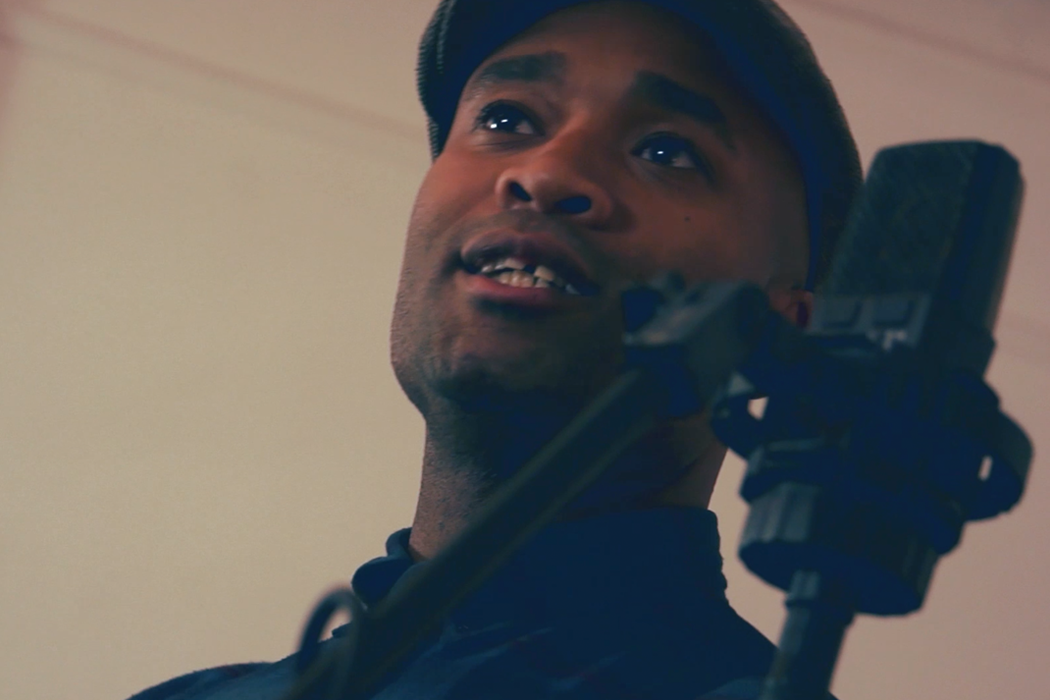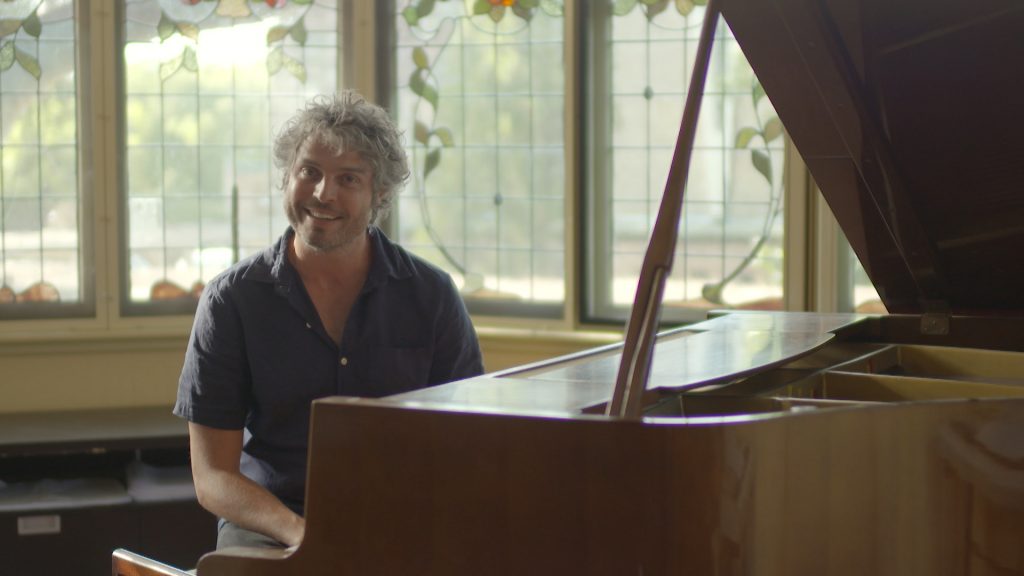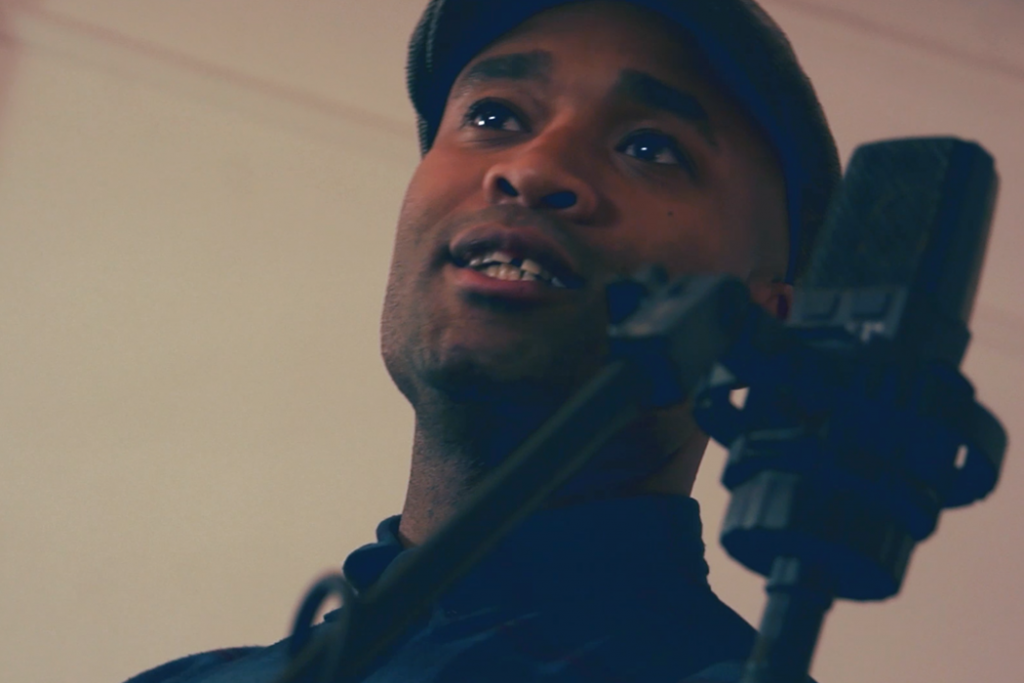
If you work in the arts, you work in one of the toughest professions in the world. I once heard someone describe it as “getting kicked in the nuts every day and having to say ‘thank you’.” Ouch. Artists are constantly putting themselves out there, baring their souls, and getting doors slammed in their faces in return. It’s very easy to get discouraged, and many do — I’ve known quite a few talented writers and artists who just packed up and moved home. I know a few others who wouldn’t even try — the fear of rejection hampered any chance of success.
It’s easy to focus on business, or perfecting your art, but if you don’t take care of yourself mentally as well, you’re going to burn out very quickly. Here are a few tips to help you out with that.
1. Stop Being So Self Critical
Often times, we are very critical of our work — undeservedly so. I’m guilty of this myself. I’ve walked off stage after singing what I thought was the worst I had ever sung, and gotten compliments. I’ve nearly tossed songs in the proverbial wastebasket before anyone even heard them because they “weren’t good enough” or “sounded too boring.” Fortunately, someone did hear them (a couple of them, anyway) and mentioned they were pretty good — just needed tweaks here and there. Also fortunately, I wasn’t so down on myself that I didn’t listen.
An inner critic is vital to making songs and performances better — without that internal barometer, we’d likely have no idea whether or not we were any good. Unfortunately, that inner critic can get over-reactive — slashing everything down needlessly and ruthlessly. This leads to depression, disillusionment, and self loathing. That spiral is a dangerous one — do not play into it. Silence the critic, at least for now, by sending it out of the room when you create. Don’t allow yourself to even think about being critical or negative until after you’ve finished writing and have a little distance from the song. This can let you think just a bit more clearly.

If you’re particularly wallowing in self loathing and doubt, write down your good qualities as an artist. Come up with a list of at least ten things you honestly think you do well. Your first instinct while in this state will be to knock that down to “well, anybody can do that…” or “but I’m not really that good at it after all…” Stop thinking like that. I want you to really look at that list and consider what you do well. Believe that you do it well. And then increase your opinion of yourself by just a bit. For instance, if you thought before, “I’m not bad at writing melodies,” think instead, “I’m actually great at writing unique melodies.” This can help break that iron grip of self doubt we all get into from time to time. Stop harping on your weaknesses and give yourself a chance to breathe — you’ll be glad you did.
2. Foster a Spirit of Confidence
This is subtle, but important. If you hand your CD to a publisher with an apology like “the demo isn’t very good…” or “I don’t think I got the bridge right,” you’re automatically alerting them to the fact that you lack confidence in your own song. If you’re not confident, why should they be? You’ve just blown your ship out of the water before it even set sail.
Likewise, in the case of live performance, singers and instrumentalists who give the appearance of being nervous can mess with the vibe and add an element of uncertainty. Study some of the great frontmen (and women) — Mick Jagger, Freddie Mercury, Beyoncé — and you’ll find that every one exudes confidence. Every move they make, no matter how small, is deliberate. They talk to throngs of thousands with zero trepidation. There is nothing wrong with borrowing some of those moves (they themselves have likely done the same thing) as you go about creating your own stage persona and building confidence.
Obviously, the stage a far cry from an interview with an A&R rep or publisher, but there are a few tricks for that as well. Find a positive affirmation to repeat to yourself — something like “I am confident and at ease” or “this meeting will work out in my best interest.” Mantras also work well, as do snatches of poetry or your favorite quote. If you’re religiously inclined, reciting positive scriptures helps some people. Focusing on posture makes a difference too — make sure your back is straight, and your shoulders back and relaxed. Slouching makes you look less confident, and sitting up straight can give you a sense of power (after all, you’re taller).
+ Read more on Flypaper: “How Rock Singers Can Up Their Showmanship”
3. Keep a Positive Outlook
Let’s say that theoretically you’ve got an opportunity to pitch songs to some bigwig at an event. The first reaction of the negative thinker is, “They’ll just say no anyway. It’s not worth it. It’s a waste of my time.” As Wayne Gretzky (or was it Micheal Scott?) said, “You miss 100% of the shots you don’t take” — and in this business, you’ve got to go after every opportunity that comes your way. Self defeating thoughts that crush you right out of the gate can stop you from even taking those chances. It’s time to see them for what they are — fear and negativity, two things that will never bring you success.

When you get told “no” — as you inevitably will — it’s important to keep that in perspective as well. Consider it just another step along the long road to success. I have a friend who is an aspiring novelist — he keeps every single rejection letter he gets. When I asked him why, he said “getting a rejection letter is better than getting nothing at all — I see these and know I’m still in the game.”
There’s a bit of a cheesy saying, “when one door closes, another one opens.” But I’ve found it to be true. Instead of wallowing in the current situation (e.g., not getting your songs taken by that publisher, or not signed to that major label deal), look ahead. Consider the possibility that this might not have ultimately been the place for you, and something better is out there. Keep seeking those other opportunities and forging ahead — look up instead of down.
I encourage you to start noticing your thought patterns — when you start thinking something negative, hit the pause button and rewrite that thought into a more positive one. If you’re having particular difficulty, you can make a deal with yourself — “I won’t think or say anything negative for the next twenty four hours.” You’ll be surprised at how much lighter you feel after the day is done. Once you start taking care of yourself in this way, you’ll find that your writing will improve, your relationships will improve, and you’ll instinctively be seeking out and exposing yourself to new opportunities. You will have taken a big step down the road to success.




